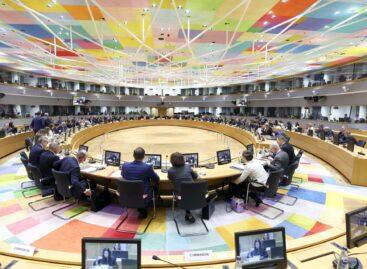Workers from Nepal pick apples in Croatia
Tractors are parked in one of the largest Croatian orchards. Baskets are empty. Six thousand tons of Fuji, Breborn, Jonagold, Golden delicious, Granny smith and Gala are waiting on the branches. The harvest was stopped by the weather, but in order for it to begin at all, the director of the orchard had to start planning – on time, that is, six months before. The manager has 30 workers but needs 300 for the harvest.

Croatian agriculture does not choose the hands that pick the fruits (Photo: Pixabay)
The hourly wage is 22 Croatian kuna, which the locals find too low. Nepali workers rush to their aid. – If it weren’t for the Nepalese, we wouldn’t have apples. Yes, once again people whose homes are 6,000 kilometers away save the day. They remember that in the summer we regularly reported that restaurant owners were struggling to find waiters and cooks. Because – for the money they offer – no one wants to work. Now the same problem is reflected in orchards, vineyards and soon in olive groves. The hourly wages are too low, the Croatian seasonal workers ask for more, and the farmers can no longer afford it, so the solution comes from Nepal. Pensioners also came to help. – presented the story by Mojmira Pastorčić.
Related news
Ministry of Agriculture: the government is supporting the development of crop dryers with significant resources
🎧 Hallgasd a cikket: Lejátszás Szünet Folytatás Leállítás Nyelv: Auto…
Read more >AM: government helps dairy farmers with new measure
🎧 Hallgasd a cikket: Lejátszás Szünet Folytatás Leállítás Nyelv: Auto…
Read more >Related news
Hygiene on new foundations
🎧 Hallgasd a cikket: Lejátszás Szünet Folytatás Leállítás Nyelv: Auto…
Read more >High-value shopping basket and more conscious shoppers: growing demand for domestic and healthy products
🎧 Hallgasd a cikket: Lejátszás Szünet Folytatás Leállítás Nyelv: Auto…
Read more >







